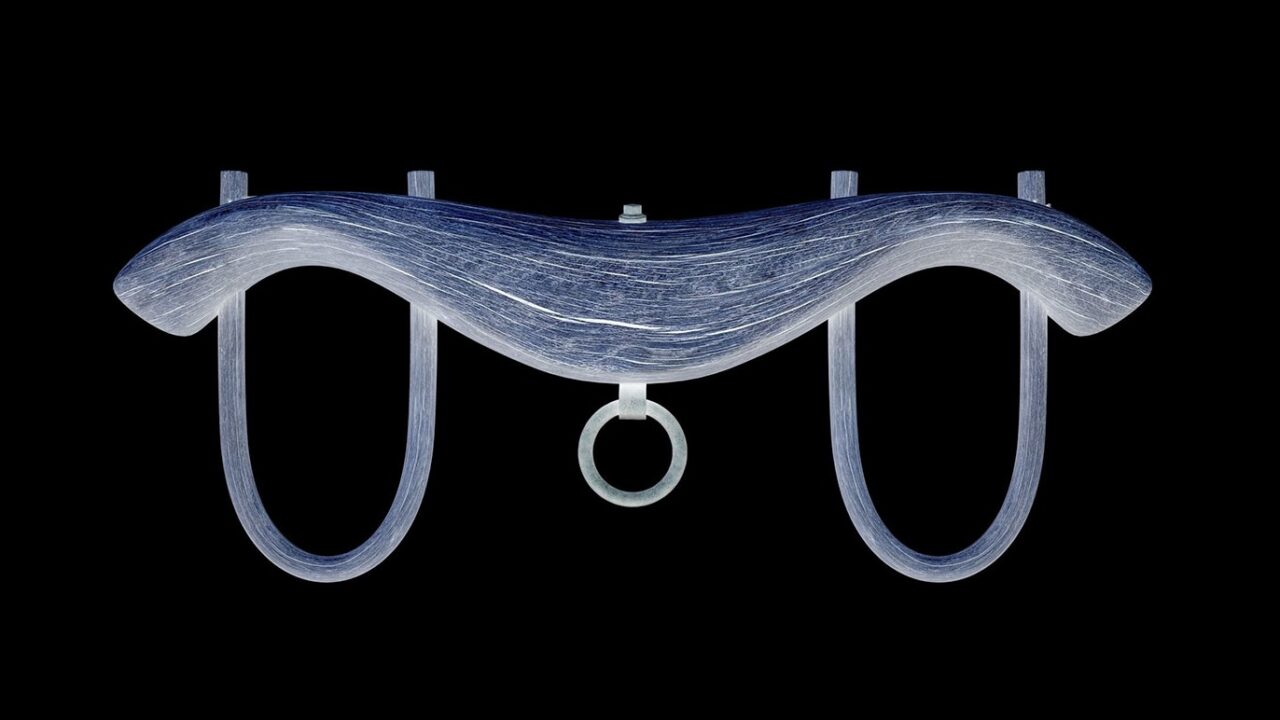The first big debate of the early church was whether or not Gentiles needed to get physical circumcision in order to follow the Law of Moses.
In Acts 15 we read that:
1 While Paul and Barnabas were at Antioch of Syria, some men from Judea arrived and began to teach the believers: “Unless you are circumcised as required by the law of Moses, you cannot be saved.”
And again, some believers from the sect of the Pharisees insisted that “Gentile converts must be circumcised and required to follow the law of Moses.” Acts 15.5
For these early Jewish Christians, you could not be a follower of Torah of Moses unless you’re physically circumcised and vice versa. In other words, physical circumcision and Torah of Moses are a package deal! They go hand in hand.
Acts 15 goes on to say after much discussion, the early church council (headed by the 12 apostles and attended by Paul, all Jews!) sent a letter to Gentiles that read in part:
“It seemed good to the Holy Spirit and to us not to burden you with anything beyond the following requirements: abstain from food offered to idols, from blood, from eating anything that has been strangled, and from sexual immorality.” Acts 15:28-29
This ruling was verified almost 10 years later when the Jerusalem church again tells Paul in Acts 21:25a:
“As concerning the Gentiles who believe, we have written and concluded that they observe no such thing,” i.e., physical circumcision and following Torah of Moses.
But in Galatians 5 and elsewhere Paul frequently includes himself and fellow Jews, by saying “we” and “us”. So that the same standard now applies to all Christians, regardless of ethnicity.
Gal 5:1 For freedom, Christ set us free. Stand firm, then, and don’t submit again to a yoke of slavery. 2Take note! I, Paul, am telling you that if you get yourselves circumcised, Christ will not benefit you at all. 3 Again I testify to every man who gets himself circumcised that he is obligated to do the entire law. 4 You who are trying to be justified by the law are alienated from Christ; you have fallen from grace. 5 For we eagerly await through the Spirit, by faith, the hope of righteousness. 6 For in Christ Jesus neither circumcision nor uncircumcision accomplishes anything; what matters is faith working through love.
In Galatians 3 Paul explains the Law of Moses became a temporary tutor and guardian to lead us to the Messiah, so that we could then be made right by faith. And now that this faith has come, we are no longer under the guardianship of the Law of Moses.
In Phil 3 Paul explicitly cites his former religious ancestry:
4 If anyone else thinks he has grounds for confidence in the flesh, I have more: 5 circumcised on the eighth day, of the people of Israel, of the tribe of Benjamin; a Hebrew of Hebrews; as to the law, a Pharisee; 6 as to zeal, persecuting the church; as to righteousness in the law, faultless. 7 But whatever was gain to me I [back there] count as loss for the sake of Christ. 8 More than that, I count all things as loss compared to the surpassing excellence of knowing Christ Jesus my Lord, for whom I have lost all things. I consider them rubbish, that I may gain Christ 9 and be found in Him, not having my own righteousness from the law, but that which is through faith in Christ, the righteousness from God on the basis of faith.
As a result, Paul sometimes qualifies the phrase under the law with a negative adverb (e.g., not) in order to warn all Christians (Jew or Gentile) not to follow Torah:
- Rom 6.14: You are not under law but under grace.
- Gal 5.18: If you are led by the Spirit, you are not under the law.
- And in 1Cor 9.20: “I myself am not under the law…. though I am not without the law of God but subject to the law of Messiah.” (1Cor 9:21)
NOTE that for Paul the Law of Moses is absolutely not the same as the Law of Messiah, which now Paul calls the Law of God.
In 2 Corinthians 3 Paul calls the 10 commandments, representative of the whole Law of Moses, the ministry of death, engraved in letters on stone in glory. This has now been replaced by the ministry of the Spirit, the greater glory!
2 Corinthians 3:3 You show that you are a letter from Christ, the result of our ministry, written not with ink but with the Spirit of the living God, not on tablets of stone but on tablets of human hearts.
Later Paul says all Christians “are being transformed into the same image from one degree of glory to another; for this comes from the Lord, the Spirit.” 2Cor 3.18
Here Paul sees that both Jew and Gentile are now part of the one body, by the one and the same spirit.
1 Corinthians 12:13 For in one Spirit we were all baptized into one body, whether Jews or Greeks, slave or free, and we were all given one Spirit to drink.
1Cor 10.15 I speak to sensible people; judge for yourselves what I say. 16 Is not the cup of thanksgiving for which we give thanks a participation in the blood of Christ? And is not the bread that we break a participation in the body of Christ? 17 Because there is one loaf, we, who are many, are one body, for we all share the one loaf.
Col 3.10 You have clothed yourselves with the new self, which is being renewed in knowledge according to the image of its creator. 11 In that renewal there is no longer Greek and Jew, circumcised and uncircumcised, barbarian, Scythian, slave and free, but Christ is all, and in all.
Eph 2:14 For he is our peace, who made both groups [Jew, Gentile] one and tore down the dividing wall of hostility. In his flesh, 15 he made of no effect the law consisting of commands and expressed in regulations [dogmas], so that he might create in himself one new man from the two, resulting in peace. 16 He did this so that he might reconcile both to God in one body through the cross by which he put the hostility to death.
Gal 4:21 so tell me, you who want to be under law, do you not listen to the Law? 22 For it is written that Abraham had two sons, one by the slave woman and one by the free woman. 23 But the son by the slave woman was born according to the flesh, and the son by the free woman through the promise. 24 This is speaking allegorically, for these women are two covenants: one coming from Mount Sinai giving birth to children who are to be slaves; she is Hagar. 25 Now this Hagar is Mount Sinai in Arabia and corresponds to the present Jerusalem, for she is enslaved with her children. 26 But the Jerusalem above is free; she is our mother.
Lastly, Paul makes clear that the Jewish calendar (consisting of the annual feasts, monthly new moons and the weekly Sabbath Col 2:16), and the food laws (Rom 14:14,20), and physical circumcision (Gal 5) are now negatively described as “the works of the Law,” I.e., things to be avoided by all Christians (Gal 2-3).
“For all who rely on the works of the law are under a curse,” Gal 3:10a.
For Paul the Torah of Moses and the Law of Messiah are clearly two different laws, because they belong to two opposing covenants, leading to separate destinations. As Paul says in 2Cor 3:6
“He has made us competent as ministers of a new covenant—not of the letter but of the Spirit; for the letter kills, but the Spirit gives life.”




